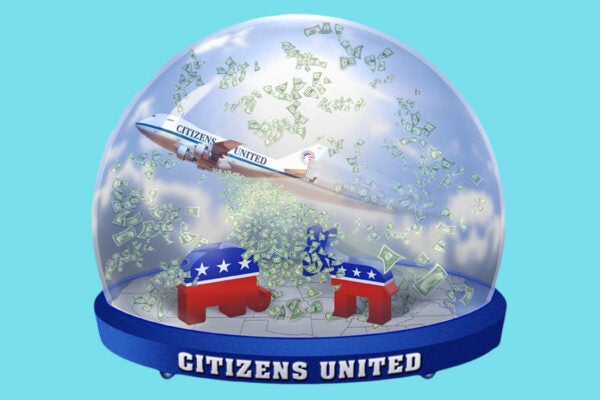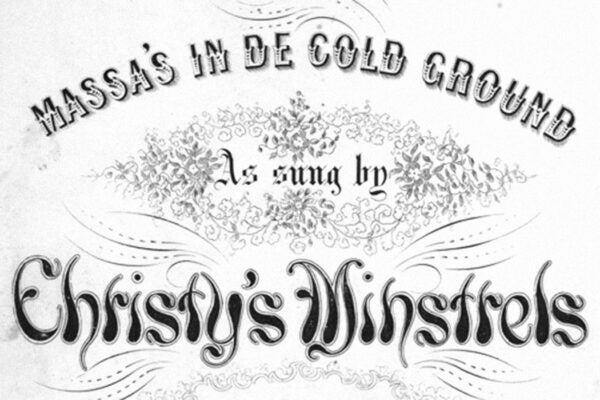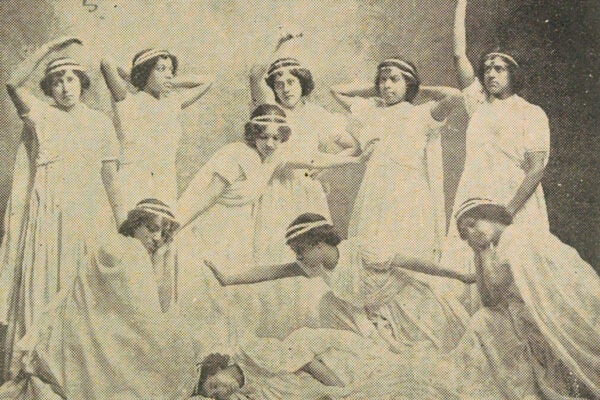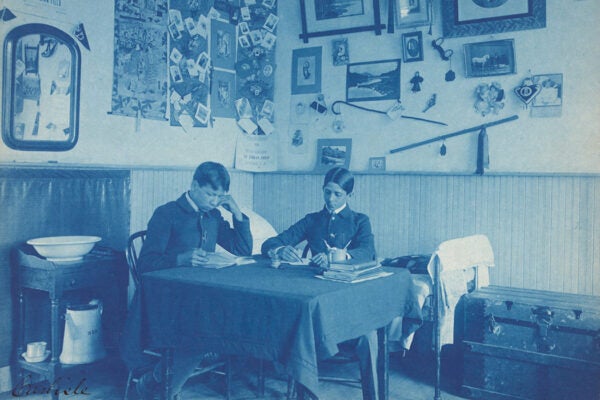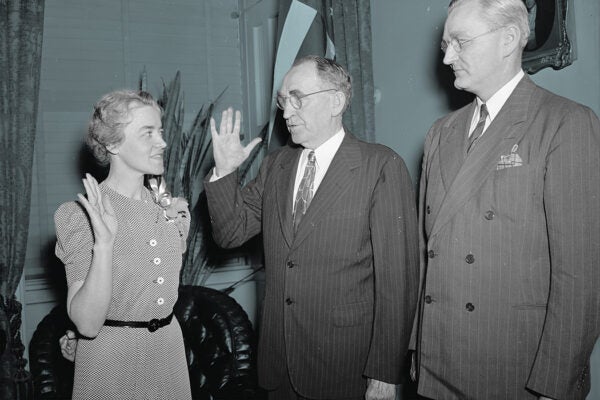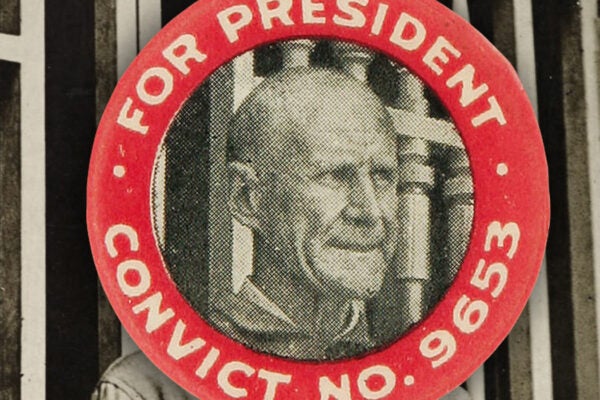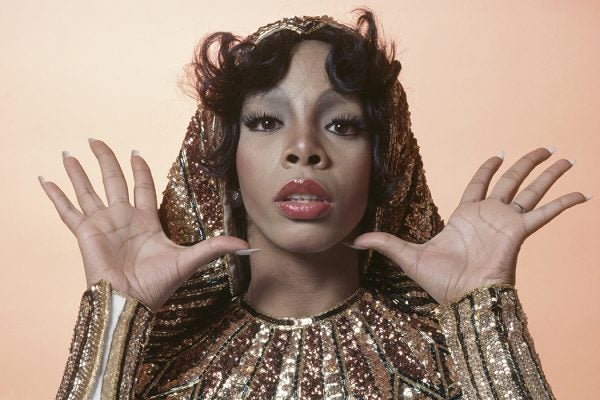“Lynch Law in America”: Annotated
Ida B. Wells-Barnett, whose January 1900 essay exposed the racist reasons given by mobs for their crimes, argued that lynch law was an American shame.
Citizens United v. Federal Election Commission: Annotated
The 2010 decision, enabling the rise of super PACS, made possible new and more covert mechanisms for funding election campaigns in the United States.
Christy’s Minstrels Go to Great Britain
Minstrel shows were an American invention, but they also found success in the United Kingdom, where audiences were negotiating their relationships with empire.
Self Care and Community in 1901 Indianapolis
For Black women engaged with local institutions, the “Delsarte” technique was a means of supporting struggling city residents while advancing political power.
Subversive Student Writing at Carlisle Indian School
In the early twentieth century, some Anishinaabe students turned writing assignments meant to showcase assimilation into celebrations of resistance.
The US Propaganda Machine of World War I
As the United States prepared to enter World War I, the government created the first modern state propaganda office, the Committee on Public Information.
Declaration of Conscience: Annotated
In June 1950, Senator Margaret Chase Smith criticized Joseph McCarthy's anticommunist campaigns. She was the first of his colleagues to challenge his Red Scare rhetoric.
A Million Americans Once Voted for an Incarcerated Socialist
Eugene Debs campaigned for both president and prison reform from a federal penitentiary. His critiques of the prison system still resonate.
The Irrigationist
Canadian-born George Chaffey was instrumental in bringing irrigation and the consequent development of the “agriburb” to California…and Australia…and Israel.
The Year The Grammys Honored Disco
In 1980, The Grammys gave disco its own category, but the genre was already receding into invisibility.

